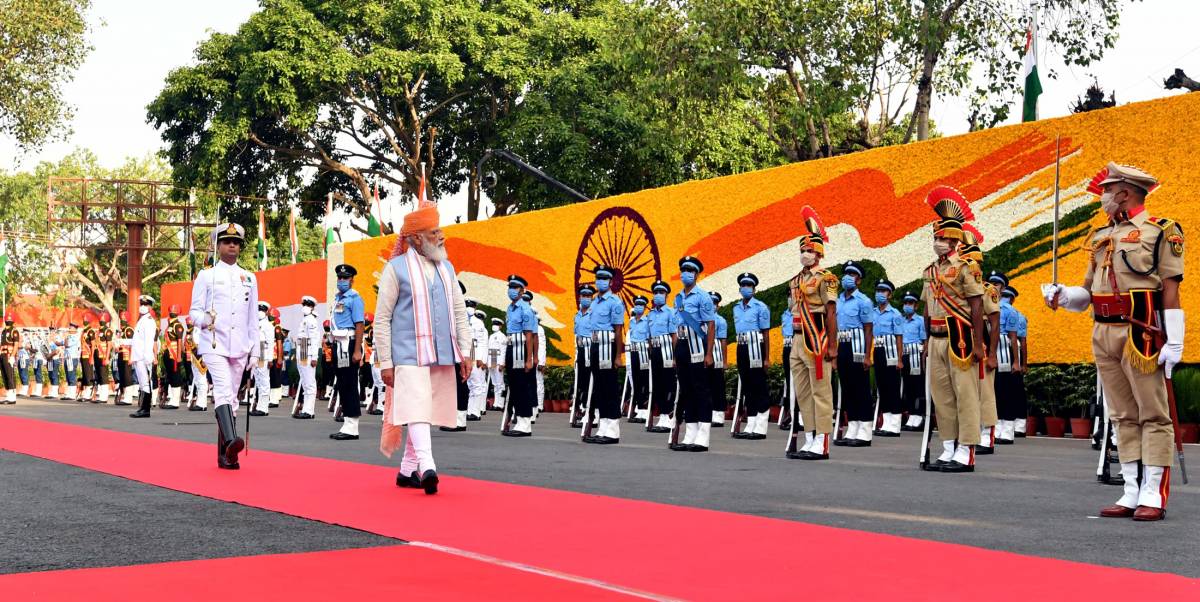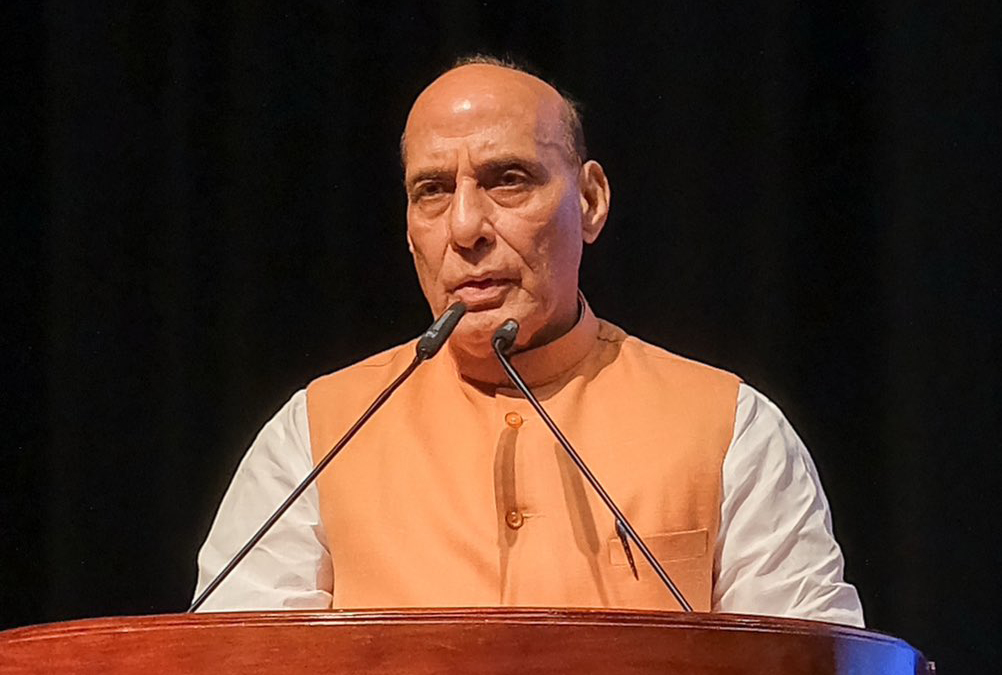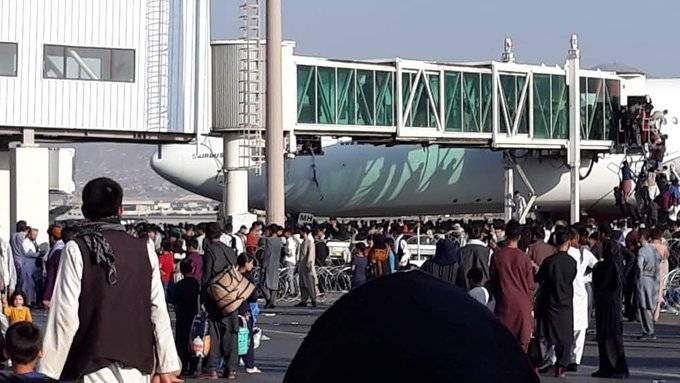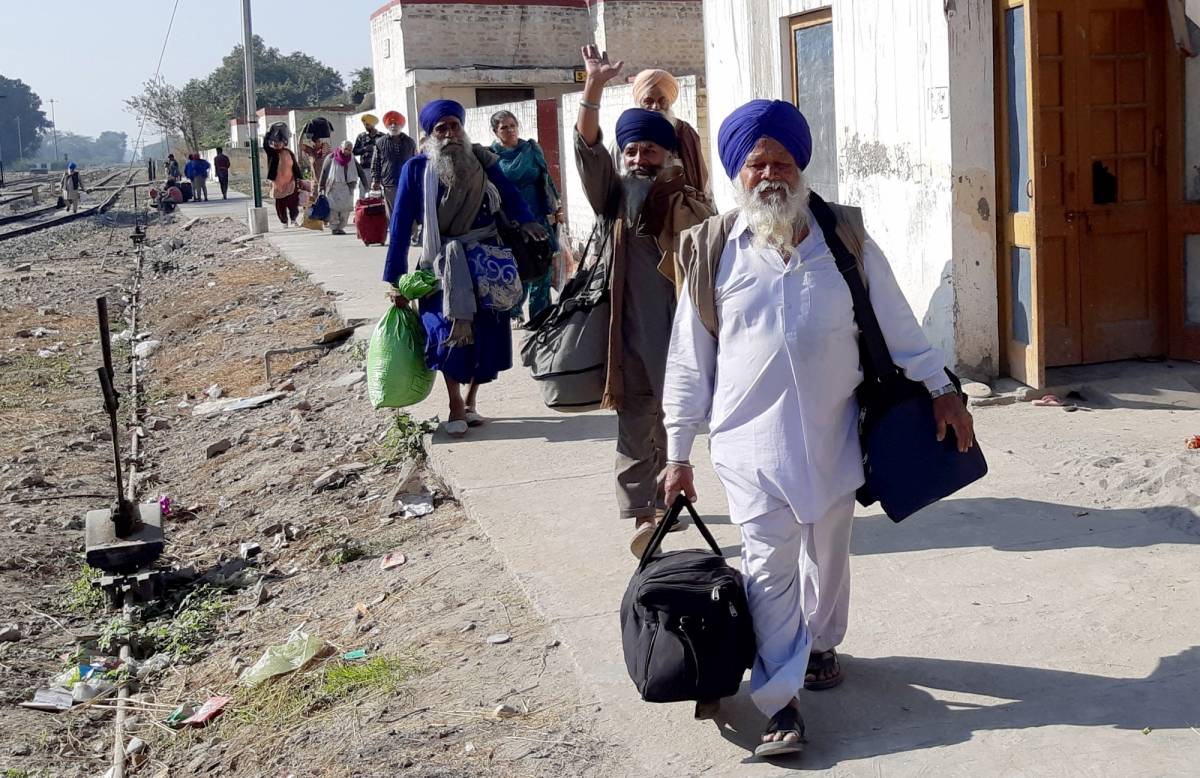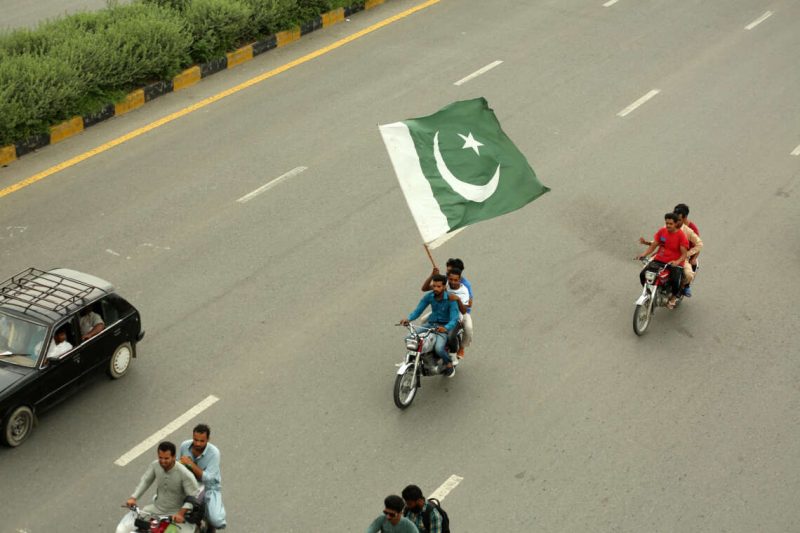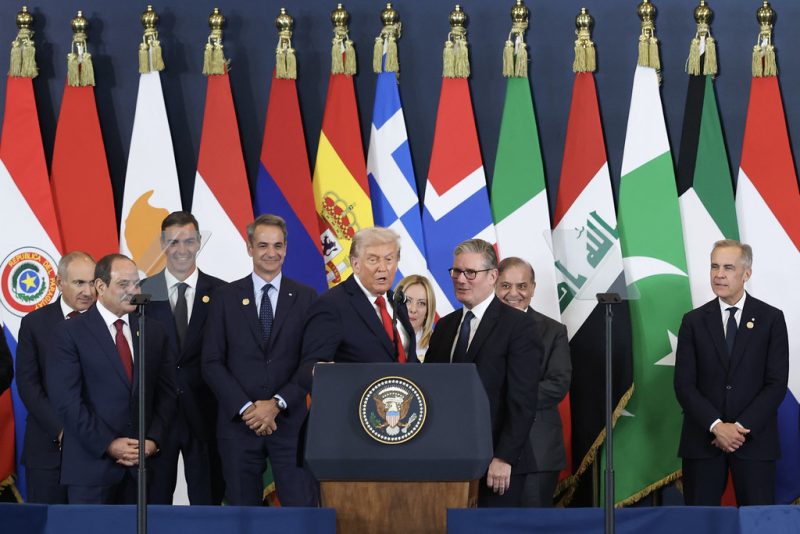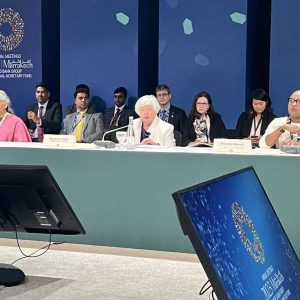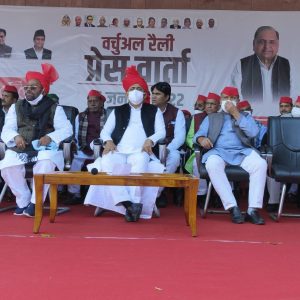India is now critically poised in the precipice of history as a crucial player in world politics. In these tough times of the pandemic, India has shown the world how it can make a difference and be an agent of change… Ram Shankar Menon
As India celebrates its 75th Independence Day there is a palpable sense of anticipation about the trajectory of Indian foreign policy. Over the last seven-and-half decade India has massively expanded its influence worldwide, primarily through diplomacy and trade, which has seen it emerge as an influential power in global politics. There are many aspects that played important role in determining India’s foreign policy over period of time.
India is now critically poised in the precipice of history as a crucial player in world politics. In these tough times of the pandemic, India has shown the world how it can make a difference and be an agent of change.
This was stressed by External Affairs minister S Jaishankar at the G-20 Foreign Ministers’ meeting in Matera, Italy where he stressed that “institutional multilateralism has been found wanting” and flagged the issue of “vaccine equity.”
Addressing the meeting, Jaishankar said that international cooperation was key to solving the Covid-19 crisis and the challenges it has posed. This was especially important when it came to impartial access to vaccines.
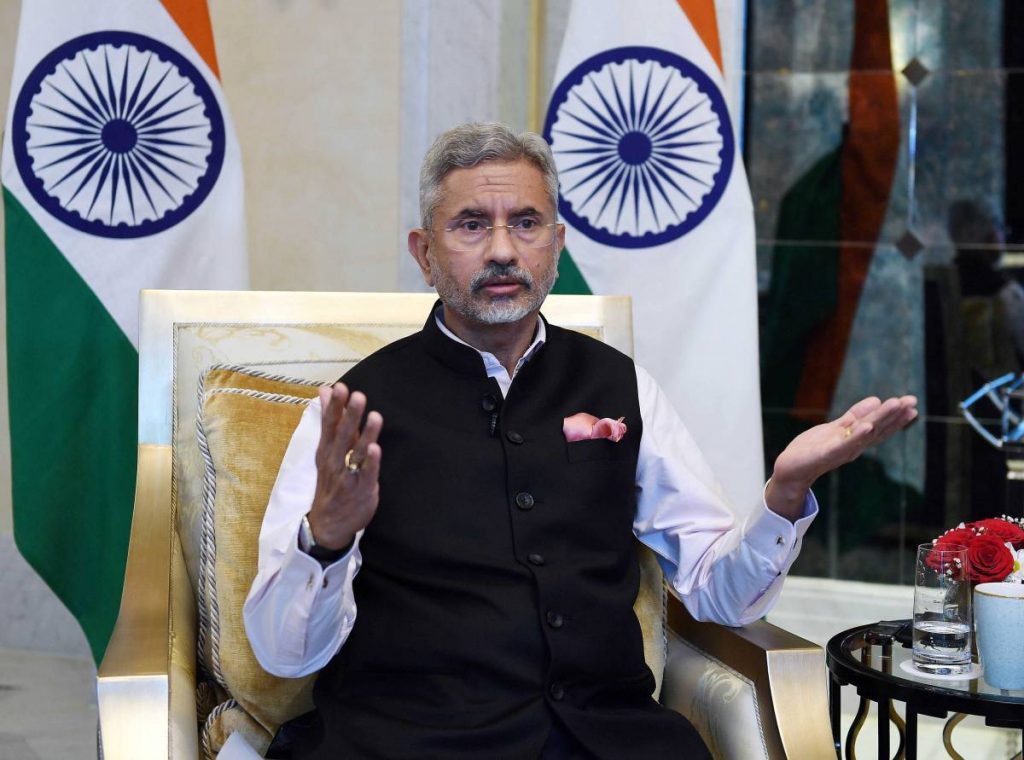
“Whether it is vaccines, medicines, PPE or oxygen, international cooperation is the answer to the Covid challenge. Need more, not less,” Jaishankar said.
The minister’s remarks came in the wake of the European Union’s (EU) opposition to India’s and South Africa’s proposal to increase large-scale manufacturing of vaccines by waiving some parts of the intellectual property rules under the Agreement on Trade-Related Aspects of Intellectual Property Rights (TRIPS Agreement). These rules prevent international firms with the capacity to produce approved vaccinations from doing so owing to issues with licencing.
ALSO READ: INDIA @75
India now also plays a strategic role in securing the high seas from the expansionist ambitions of China. The Quadrilateral Security Dialogue or Quad comprising India, Australia, Japan and the US are taking forward cooperation in areas such as infrastructure, maritime security and humanitarian aid in order to ensure a free and open Indo-Pacific. Besides these strategic areas, the grouping is working on areas like vaccine partnership, critical and emerging technologies and climate change.

India is also building partnerships but avoiding alliances. New Delhi is also showing nuanced awareness of a rapidly emerging multipolar world, where American power remains strong but in steep decline. India without involving Washington, is cementing ties with France and Australia as a trilateral group. Unsurprisingly, stressing upon the reality of a changing world, Jaishankar said during his intervention during the ongoing Raisina Dialogue that the world is moving towards “multipolarity, rebalancing & pluri-lateralism. Shared values and comforts are creating new combinations.”
The bedrock of India’s foreign since Independence in 1947 remains entrenched in the Indian Constitution under Article 51, which reads:
“The State shall endeavour to –
(a) Promote international peace and security
(b) Maintain just and honourable relations between nations
(c) Foster respect for international law and treaty obligations in the dealings of organised people with one another; and
(d) Encourage settlement of international disputes by arbitration.”
The provisions of Article 51 of the Constitution is a unique provision propounding a great Indian philosophy and creates an awareness and acts as a beacon for international peace and security.
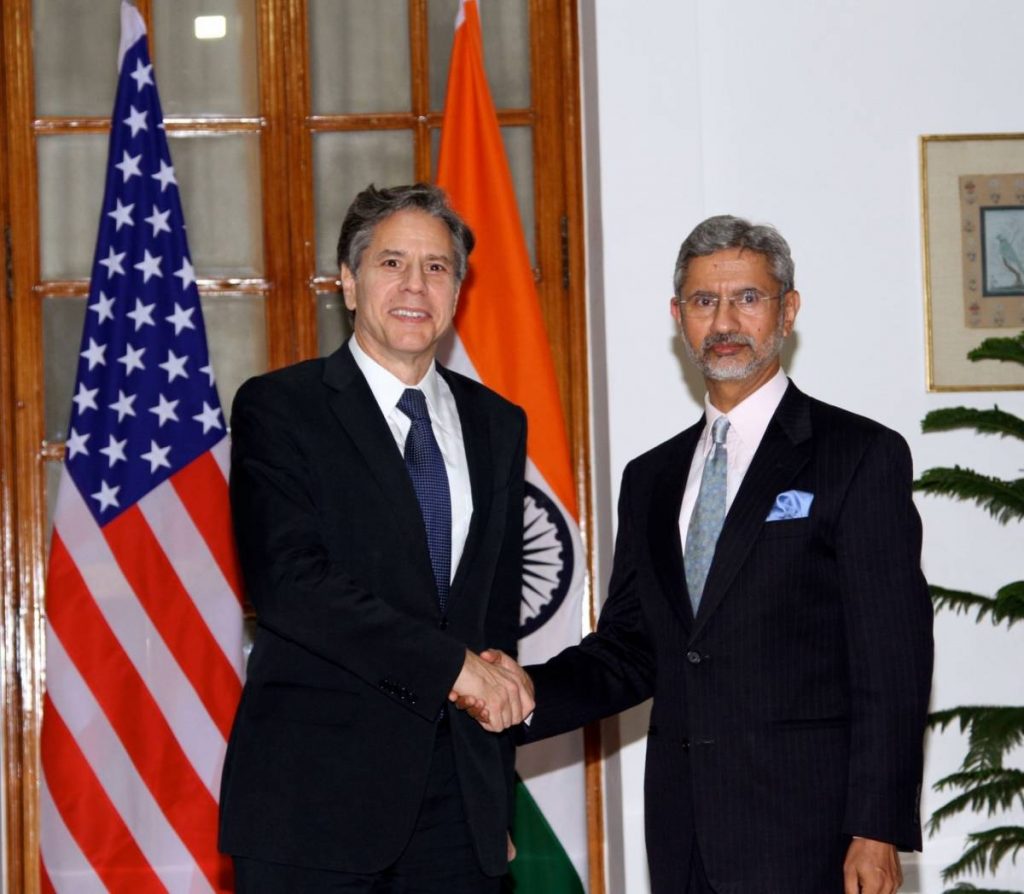
India under the stewardship if its first Prime Minister Jawaharlal Nehru derived the essence of the constitutional spirit and postulated the policy of Panchsheel (Five principles).
The five principles are:
• Mutual respect for each other’s territorial integrity and sovereignty
• Mutual non-aggression against anyone
• Mutual non-interference in each other’s internal affair
• Equality and mutual benefit
• Peaceful co-existence
Founded on the principles of pragmatism and pursuit of national interest, the five principles of peaceful coexistence laid down by Jawaharlal Nehru has been the guiding principles of successive governments in India.
These five principles were believed to serve the need of the newly decolonised state which had more pressing needs to address rather than getting engaged in hostility with the neighbors. The underlying assumption for the five principles was the development of new and more principled approach to the International relations by the newly independent decolonised states.
With the formation of several new countries after World War II the world was face by a new standoff between USA and USSR, eager to shore allies, the two power blocs were scouting for allies to trade and establish strategic ties. It was in the backdrop of this bipolar standoff that in 1961 Nehru along with heads of 28 nations gathered in Belgrade to launch the Non-Alignment Movement. Sixty years on, NAM has grown to more than 120 nations and represents a majority voice in the United Nations.
ALSO READ: India is prepared for any challenge: Rajnath
But in today’s world, NAM has got a great task of questioning monopoly in world politics. Also, NAM has made significant discussions on several issues of world importance. The extent of its need, importance and fame of this movement can be approximated from the increase in its membership. It’s most important achievement include postponing of wars, reducing their intensity and in some cases disputes were completely solved. NAM can be said to have played a vital role in maintaining world peace in this nuclear age. This brought cold war to ceasefire. It beefed up the role of UN in which all countries have equal representation. Non-aligned countries have been successful in establishing a foundation of economic cooperation amongst underdeveloped countries. South—South dialogue has been summoned from the non-aligned countries’ front.
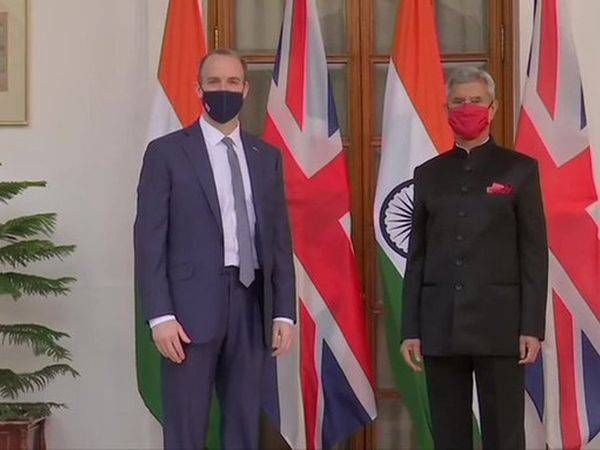
Internationalism post-Soviet Russia’s collapse
The post-Cold War era spawned a dichotomy within the international system. The global system had to reckon with unimpeded power and authority centered around one superpower of which there was no comparison in terms of pure military might. Besides this there was also the emergence of multiple economic power centers that were beginning to and still assert themselves internationally with different perceptions and different goals.
Globalization and the rapid emergence of market economies all over the world, from Southeast Asia to Latin America, resulted in the spectacular emergence of regional cooperation and integration. Closely connected with globalization was the widespread emergence of market economies. It was no longer possible for nations or national markets to operate as self-sufficient units.
The four most important variables that guided the framing of India’s foreign policy after the cold war were:
• India’ search for its due place in the international order which is largely dominated by the US
• An accommodation with the global nuclear order as the international system comes to terms with ‘nuclear’ India
• India’s balancing act of tackling the challenge of global terrorism without alienating its Islamic minority
• And India’s search for energy security to ensure its current rate of economic growth
Although a late-comer to liberalisation there was a growing integration of India’s economy with the rest of the world. Indo-US relations saw a new high with the latter acknowledging India as one of the emerging powers and boldly declaring to forge trade ties and engaging in mutual integration and co-operation owing to the shared interests in the global arena.
It was in the midst of this tumult that India again came out with the Gujaral Doctrine. The five principles to guide the conduct of foreign relations with India’s immediate neighbours was spelt out by I.K. Gujral, first as India’s External Affairs Minister and later as the Prime Minister.
These Principles are:
1. With neighbours like Bangladesh, Bhutan, Maldives, Nepal and Sri Lanka, India does not ask for reciprocity, but gives and accommodates what it can in good faith and trust.
2. No South Asian country should allow its territory to be used against the interest of another country of the region. (Second Principle of Panchsheel- Mutual non-aggression)
3. No country should interfere in the internal affairs of another. (Third Principle of Panchsheel- Mutual non-interference in each other’s internal affairs)
4. All South Asian countries must respect each other’s territorial integrity and sovereignty. (First Principle of Panchsheel- Mutual respect for each other’s territorial integrity and sovereignty)
5. They should settle all their disputes through peaceful bilateral negotiations. (Fourth and Fifth Principles of Panchsheel- Equality and mutual benefit & Peaceful co-existence)


